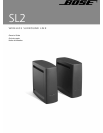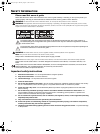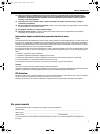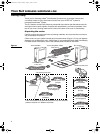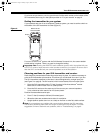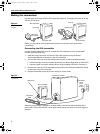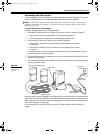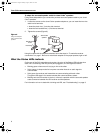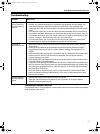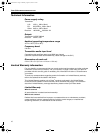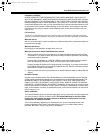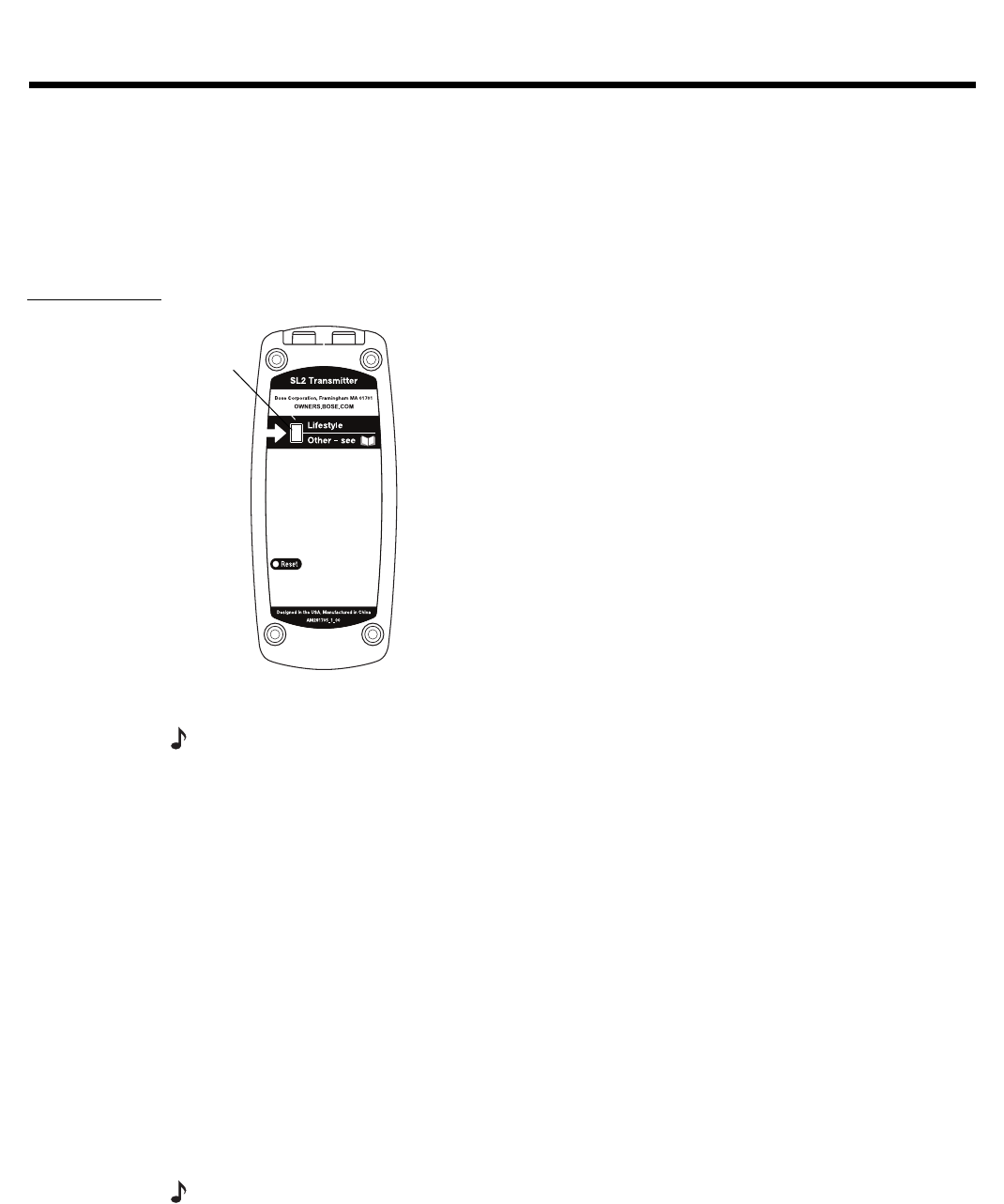
5
YOUR SL2 WIRELESS SURROUND LINK
English Deutsch FrançaisDansk Español Italiano SvenskaNederlands
If you have not yet done so, now is a good time to find the serial number on the bottom of the
SL2 transmitter, then copy it in the space provided on
“For your records” on page 3.
Setting the transmitter for your system
If your speakers are part of an Acoustimass
®
speaker system, you need to set the switch on
the bottom of the SL2 transmitter to Other (
Figure 2).
Figure 2
Speaker switch
Bottom of the
SL2 transmitter
Switch
For use of a LIFESTYLE
®
system with the SL2 Wireless Surround Link, the current default
switch setting is optimal. There is no need to change the setting.
Important note: Running the ADAPTiQ
®
audio calibration system, which is provided with your
LIFESTYLE
®
system, helps ensure the most accurate sound from your system. Be sure to use it
after the SL2 is connected and your surround speakers are in the final position.
Choosing positions for your SL2 transmitter and receiver
Radio frequency transmissions make this product easy to place. It is seldom necessary to
point the SL2 transmitter at its receiver. This allows you to hide both from view if you like.
The SL2 transmitter, identified on the label, is also distinguished by a single input jack
(see
Figure 3 on page 6). The SL2 receiver, which is also labeled, has two output jacks.
1. Place the SL2 transmitter within 6
1
/
2
feet (2 meters) of the Acoustimass
®
module.
Make
sure it is within reach of an AC (mains) outlet.
2. Place the SL2 receiver at the same end of the room as your surround speakers.
It,
too, should be within reach of an AC (mains) outlet.
Position the transmitter/receiver pair:
•From 6
1
/
2
feet (2 meters) to 30 feet (9.2 meters) apart.
• Where the sides are unobstructed to allow for ventilation.
• Upright (neither upside down nor on a side) on the floor or other flat, stable surface.
Note: If you experience any problem with communications between the SL2 transmitter
and receiver, positioning them within line of sight to each other may be helpful. For further
suggestions on how to deal with such problems, refer to “Troubleshooting” on page 9.
02_Introduction.fm Page 5 Monday, August 7, 2006 9:53 AM



